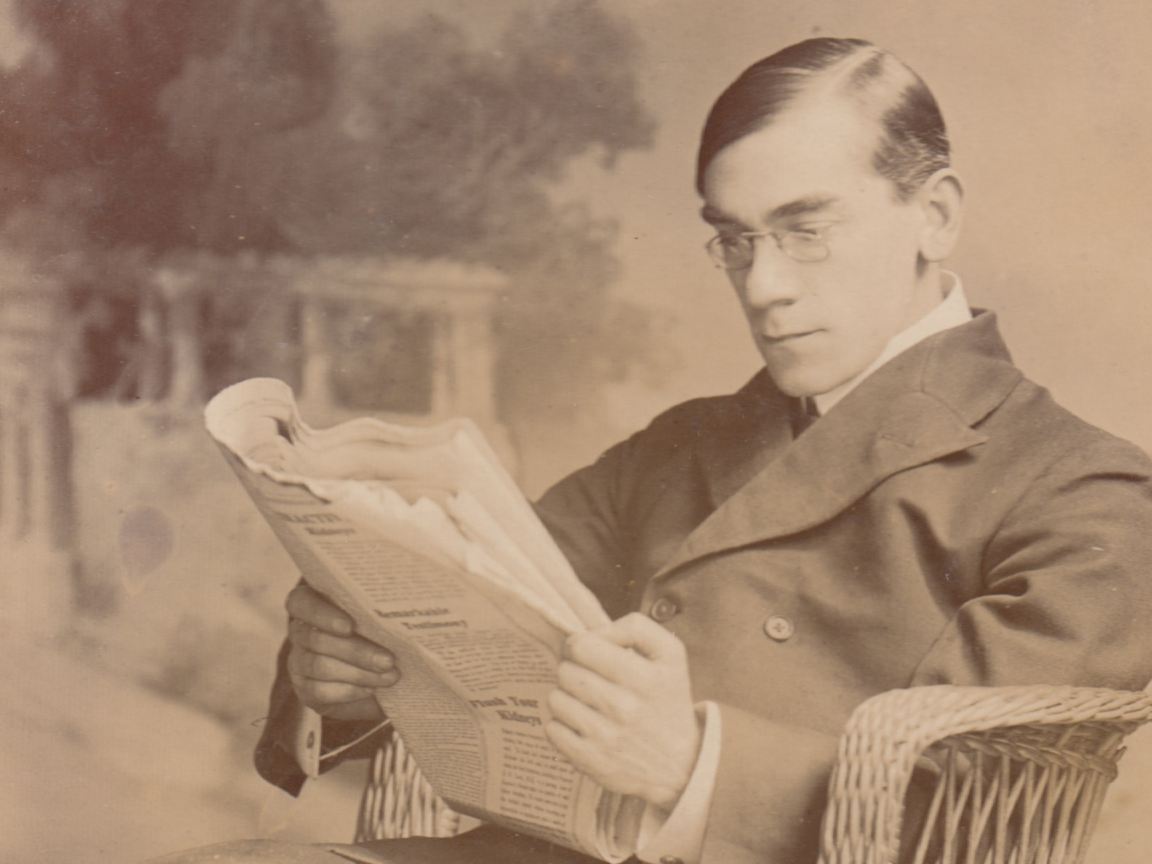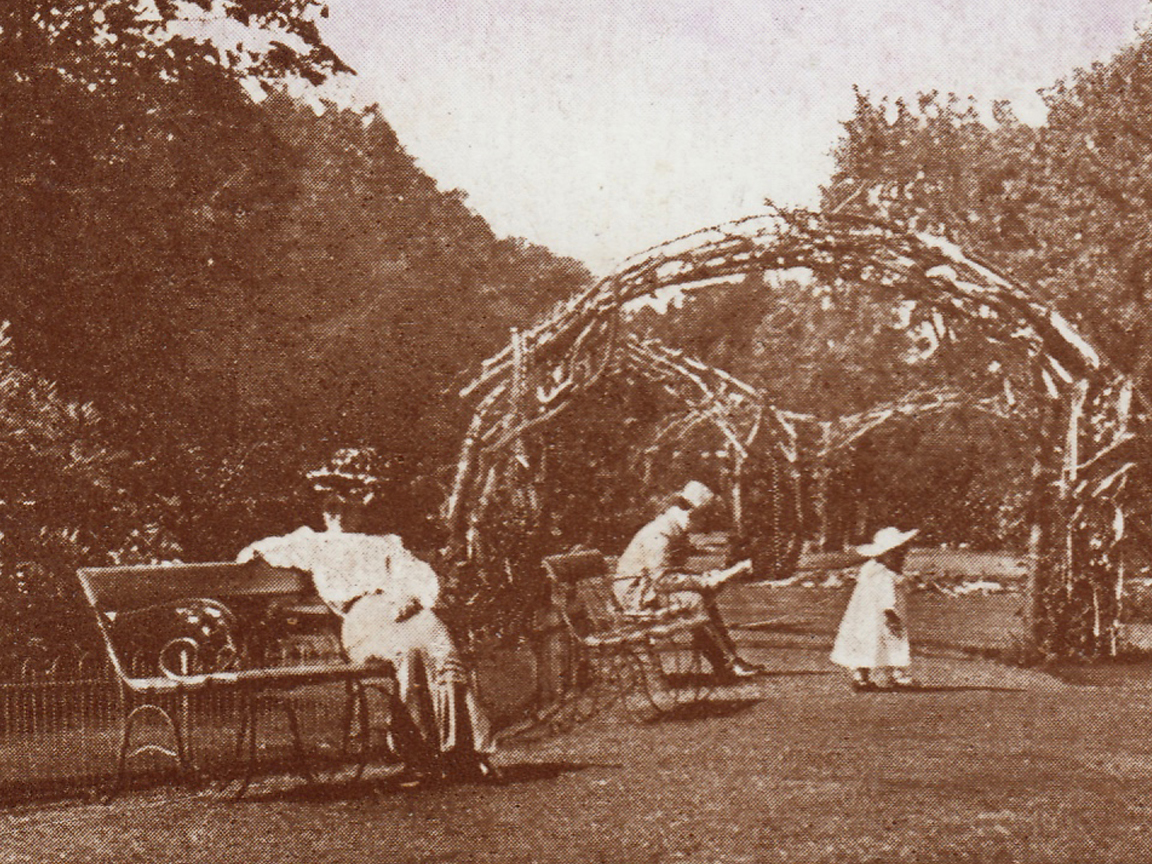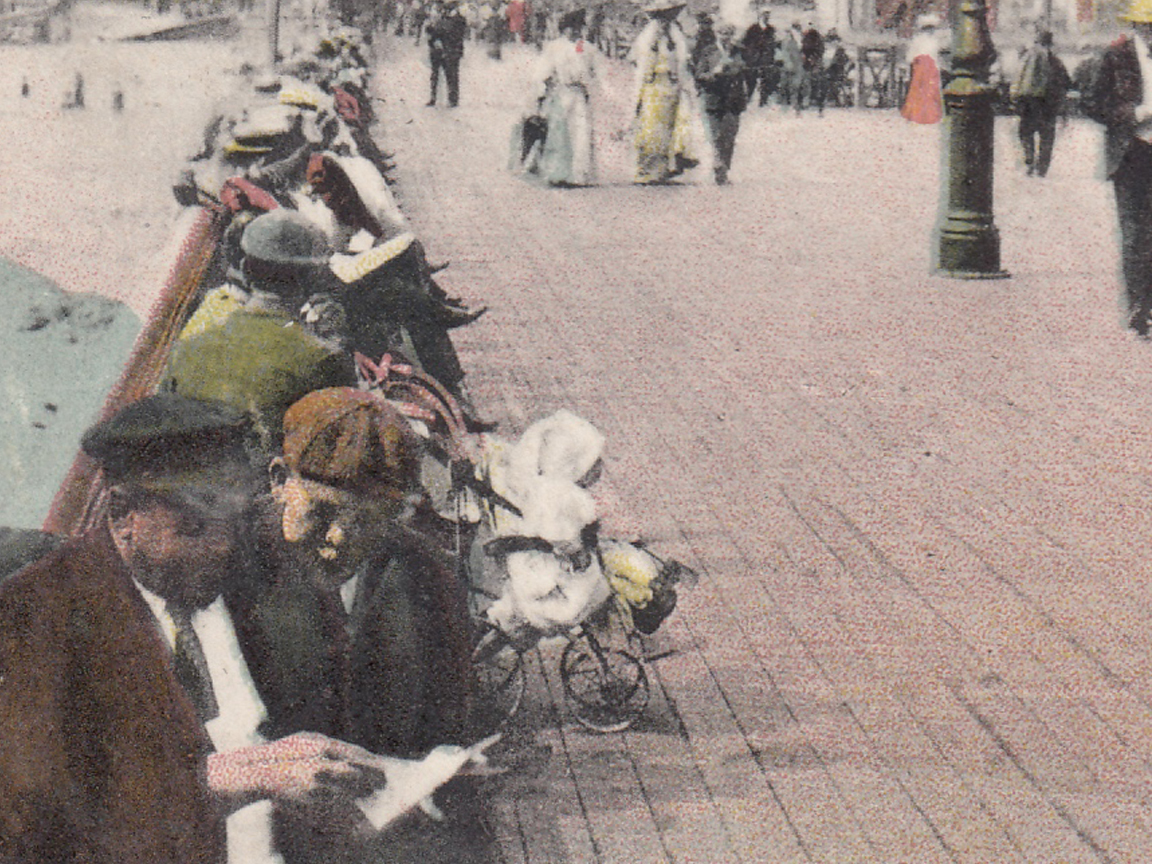


1914, April 13, Western Daily Press, Page,
LOWESTOFT, Saturday.
The forty-fifth annual conference of the National Union of Teachers will be opened in the Rink here on Monday morning. Some 2,000 teachers have been chosen by the 88,376 members of the National Union to represent them, and their presence is obvious on every side in this Suffolk seaside resort. Groups of teachers may be seen all day long on the seafront, discussing various aspects of the educational problem, or speculating on the prospects of disorderly conference scenes- on the votes for women resolution, which Miss Cleghorn, of Sheffield, will propose for the executive of the Union.
It is admitted that the scenes at Aberstwyth. when Miss Cleghorn was the presidential chair, were unbecoming of professional organisation, and there was a renewal of the disorder at the Hull and Weston conferences.
This year there is good deal of anxiety, probably without any foundation, concerning suffragette outrages in the town, and it is stated by local teachers that anything of the kind happens there will be reprisals of an unpleasant kind at the demonstration which the militants are holding the Hippodrome on Wednesday night. There is a growing feeling among teachers that the question ought not to be dragged into the conference year after year, and expression is likely to be given to this when the question is discussed.
A number of sectional meetings have been held during the day. This morning the National Federation of Women Teachers met in the Wesley Hall, and this evening the Women Teachers' Franchise Union met in the same hall. The secretaries of local associations held a meeting in St. Margaret's Institute: the Joint Committee of Metropolitan Associations were the Congregational Church Lecture Hall; and there was a meeting those interested in earlier optional retirement in St. Aubyn's Hall.
The list of sectional meetings preceding the Conferences is proof of the many-sidedness the work of the National Union. The Conference will be opened on Monday morning, when Mr W. B. Steer, Municipal Secondary School, Derby, who succeeds Mr Dakers the presidential chair, will give his inaugural address.
The results of the election of Executive, new vice-president, and next place meeting will be announced, and deputations from teachers' o Belgium, Germany, France, and Switzerland will be received. The contentious work of the Conference will be seriously entered upon Tuesday morning.
The first place on the agenda has been given to a purely professional subject—the salaries of teachers. The session on Wednesday morning opens with a resolution on the age of exemption, continuation classes, and child labour.
The resolution, which will be moved by Mr G. Sharpies, of Manchester, reads:— " That this Conference is of opinion that all regulations recognising the halftime system, labour examinations, and other forms of early exemption from attendance at school should be abolished; that no child should be exempt from attendance under the age of 14, and that local authorities should be empowered to make bye-laws requiring the attendance of children to the age of 15; (b) that, all wage-earning work, and particularly all street trading, should be prohibited for all children under 14, both in urban and rural districts; (c) that a system of compulsory attendance at continuation classes should be established for children between the ages of 14 and 18 who are not otherwise receiving a suitable education, and that such a system should be accompanied by statutory limitation of the hours of child labour."
Thursday morning's session will be opened to the discussion of the following resolution on the State contribution for education:
"That this Conference calls the serious attention of the Board Education to the heavy and increasing burdens on local rates and the consequent difficulty of local education authorities in carrying on efficiently the work of education, thereby creating a grave menace to national welfare. Conference is of opinion that the cost of education should be met by larger and more equitable grants from the National Exchequer, particularly in those localities heavily rated for educational purposes, and that such grants should increase automatically as new and increased responsibilities are put upon local authorities by the improvements and addition justly imposed by the Legislature and the Board of Education."
The Parliamentary franchise for women resolution stands 13 on the agenda, an ominous number to the superstitious. Miss Cleghorn, of Sheffield, will move the resolution as follows:— "That this Conference expresses its sympathy with those members of the National Union of Teachers who desire to possess and exercise the Parliamentary franchise, but because they are women, and for that reason alone, are by law debarred from it."
There are eight other motions on the agenda relating to the subject, and one of them may be moved as an amendment. North-West London proposes: "That the question of women's suffrage is outside the scope of the objects of the N.U.T. and hereby instructs the Executive to refrain from supporting all motions bearing upon the subject."
The Waterloo Associations resolution bluntly declares "That this union exists for professional purposes, and should not waste time discussing woman suffrage."
There are resolutions support of woman suffrage from the Sheffield, Oldham, West Lambeth, Rotherham, Morley, and Cardiff Associations.
There are also resolutions relating to the size of classes, compensation for dispossessed teachers, entrants to the teaching profession, the teachers' certificate, combining departments, training of teachers, and many other aspects of the education problem.
On Sunday afternoon there were disorderly interruptions by Suffragettes at St. John's Church. Early in the service a woman walked up to the altar and began to pray for Mrs Pankhurst in loud voice, but was quickly removed. The sermon of the Bishop of Norwich was interrupted on five occasions by women who rose and volubly protested against the cruelty to women in prison. The women were as quickly and quietly ejected from the church as was possible. Dr. Pollock, his sermon, said he could not forget that he had been a schoolmaster for 20 years. He desired to express the debt that the community owed to teachers. He knew how many of them worked faithfully under circumstances that seemed to make it almost impossible for their toil to tell. They had to train the young to grow useful, noble-minded, intelligent citizens.

Events, clubs and activities are updated here. Do you have an event or club you want posted? Let us know!